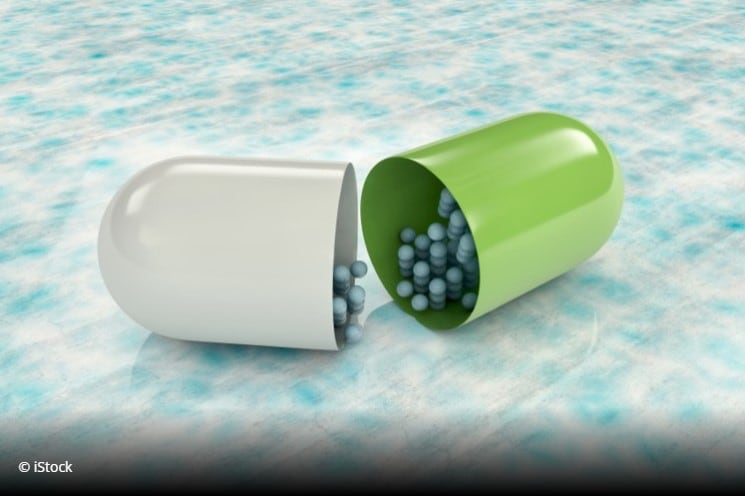The Agency’s comments come after the Commission launched a public consultation seeking to gauge industry opinion as to whether a revision of the terms are needed along with adaptations or even harmonisation in industry sectors.
“In its response to the consultation, ANSES maintained that the changes suggested by the Commission tend to restrict the number and type of objects that will ultimately be considered as nanomaterials,” the Agency states.
“For ANSES, the definition needs to be as comprehensive as possible and define nanomaterials in a unique way based on physico-chemical criteria.”
ANSES’ concerns have heightened in light of recent rulings concerning titanium dioxide, where the Agency has urged caution over the use of nanomaterials in food as well as in antibacterial products.
Titanium dioxide nanoform
In May of this year, European food agencies had ruled titanium dioxide’s nanoform to be unsafe as a colourant in food supplements amongst other products.
Authorities that include EFSA and the Netherlands Food and Consumer Product Safety Authority (NVWA) had previously highlighted genotoxic links and long-term effects arising from its accumulation in the body.
“It is clear that there are still many grey areas regarding population exposure to nanomaterials and the potential impact on health and the environment,” says Aurélie Niaudet, who is based at ANSES’ physical risk assessment unit.
“In addition to strengthening the regulatory framework, it is also important to limit exposure of the population and the environment as a precautionary measure, by choosing safe products that are equally effective but free of nanomaterials.“
The European Union currently defines ‘nanomaterial’ as a material which size or structure in one or more of its three dimensions is between about 1 and 100 nanometres.
In practice, this definition can vary according to the industry sector. For example, the same material will not be considered as nano in foodstuffs but will be identified as such in cosmetics.
The Agency said it was ‘unfortunate’ size thresholds (1-100 nm) used in the current definition were not open to discussion as part of the consultation, as they have no scientific basis.
ANSES also fear the Commission may restrict the number and type of objects that will ultimately be considered as nanomaterials.
For example, nanoplastics, as well as certain emulsions and lipid nanoparticles, might not be considered to fall under this definition. Such objects are increasingly being developed for industrial purposes.
ANSES stressed that they wanted to see the nanomaterial definition to be as comprehensive as possible.
In this way, sectoral regulations for cosmetics, biocides and food for example, could then clarify which of these nanomaterials should be subject to specific measures: product labelling, specific assessment, authorisation before they are placed on the market, etc.
Recommendation 2011/696/EU
The Commission’s online consultation, which ended at the end of June, will review Recommendation 2011/696/EU, which was developed to provide consistent definition of nanomaterial to ensure adequate safety assessment or inform consumers.
The Joint Research Centre, the Commission's science and knowledge service that provides independent scientific advice and support to EU policy, has published three reports: on collected experiences (EUR 26567 EN), evaluation (EUR 26744 EN) and the scientific-technical options to clarify the definition and to facilitate its implementation (EUR 27240 EN).
ANSES is set to publish an opinion by 2022 that provides more information and perspective from multidisciplinary experts in response to the European consultation.




